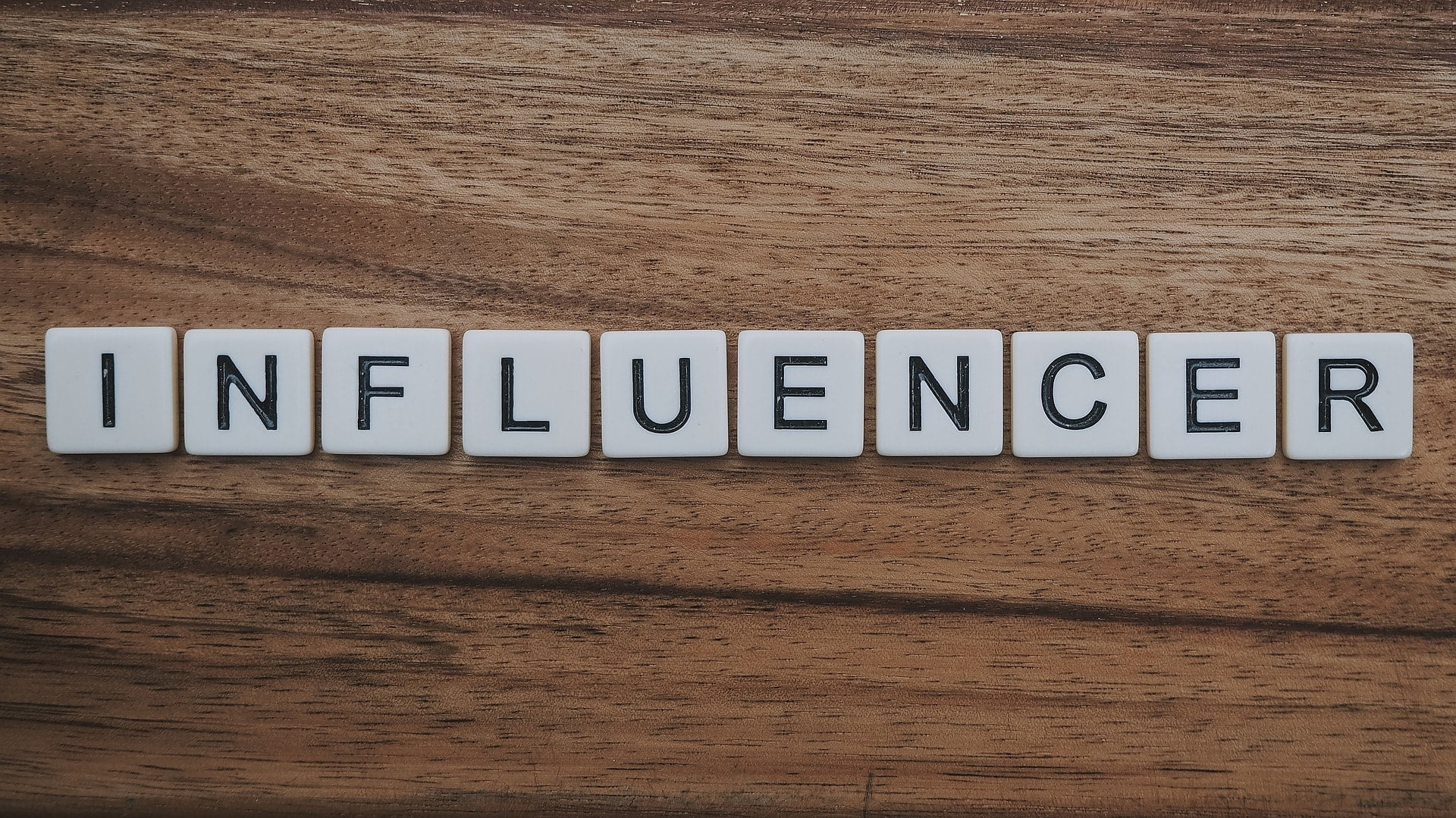Sterling Media Explains How Influencer Marketing can help your brand
by Mashum Mollah Marketing Published on: 31 May 2019 Last Updated on: 07 November 2024

When most people think of celebrity endorsements, they usually think of a film star that has been engaged to endorse a company. However, with the growth in popularity of digital media, a lucrative new method that goes even beyond endorsement has arisen – influencer marketing.
Influencers are individuals on social media that have been able to grow their follower base on social media. These individuals are able to influence their followers, as they have been able to build close-knit communities with them.
By regularly engaging with their followers because of their industry expertise, they influence buying and spending patterns of people on social media. There are three four categories of social media influencers-
- Nano-Influencers- These influencers have a following of fewer than 1000 followers. However, they have the strongest communities on social media.
- Micro-Influencers- These social media influencers have a follower base of more than 1000 followers, but less than 10,000 followers.
- Macro-Influencers- They are the most sought after influencers by brands. Their follower base ranges from 10,000 followers onwards and reaches right up to a few hundred thousand.
- Mega-Influencer- These are celebrities and sports stars that have over a million followers on social media. It is only the biggest brands that can afford to work with them.
Marketers are now able to leverage the individual brands and immense followings of online influencers from various platforms such as Instagram and YouTube to promote to an often younger audience. But how can a brand make full use of influencers?
Below, Sterling Media, a communications firm with an exceptional track record of successful digital campaigns, explains in detail how a company or an individual can take advantage of influencer marketing to increase overall brand value.
It is important to understand the difference between a celebrity and an influencer. Since the early days of mass media, celebrities have fulfilled an aspirational, idolized position in the public
consciousness. Whether it was the stars of Hollywood’s golden age or the biggest name in pop music, celebrities have traditionally played an influential role in marketing and advertising,
because their endorsement would influence the audience, who naturally wish to emulate the fantastic lifestyle or enviable qualities of their favorite stars and celebrities.
However, with the rise of reality television meaning that anyone can become a celebrity as a 24-hour tell-all tabloid gossip showing that the celebrity lifestyle is not as it seems, the star power of celebrity endorsement has lost its sheen, particularly amongst the younger audience.
Modern day online and social media influencers meanwhile, far from popular belief, are rarely – if ever- overnight sensations. Instead, they are often ordinary young people who started
creating content on a social network, developing a devoted fan-base that grows alongside the creator, until they reach influencer status with millions of followers.
Unlike celebrities, the appeal of most influencers is not that they are figures to be aspired to and idolized, but instead, are relatable and accessible. As a result, their influence lies in the fact that
most are perceived to be genuine in a way that celebrities are not, and they have been able to build a successful digital brand of their own around this fact.
With a built-in legion of fans, influencers are able to help brands reach millions of people with every video or post on social media.
Planning plays an essential role in strategy which requires researching their brand and content. Research not only shows a genuine interest in the work of an influencer but can also help
build rapport – particularly if a brand’s product is incredibly relevant to that of the influencer. This is because influencer marketing works more like a partnership than an endorsement
and not necessarily just transactional.
The world of Influencer Marketing is changing and evolving. Last year, the industry was rocked with scandals relating to fake followers and fake engagements. None other the biggest FMCG Company in the world, Unilever, announced that it would never work with people who were convicted of the crime of buying followers and engagement.
Many experts point to the new trend of brands opting for nano and micro influencers over macro and mega ones. They say that the small follower base ensures credibility and niche targeting.
Read Also:



































































































